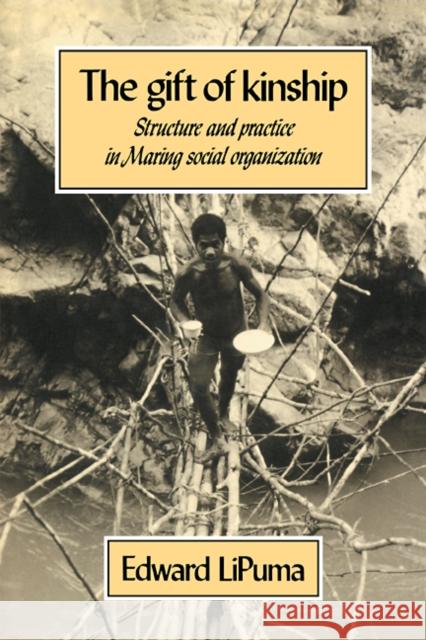The Gift of Kinship: Structure and Practice in Maring Social Organization » książka
The Gift of Kinship: Structure and Practice in Maring Social Organization
ISBN-13: 9780521106191 / Angielski / Miękka / 2009 / 252 str.
Although the societies of the New Guinea Highlands have been extensively studied by anthropologists since the Second World War, it is generally acknowledged that a comprehensive explanation of their social structure is yet to emerge. In this book, Edward LiPuma presents an ethnography of Maring social organization in order to develop a generative theory of Highland societies that takes account of both social structure and its reproduction in practice. Arguing for the inseparability of the symbolic and the material, norm and action, and structure and practice, the study has three objectives. The first is to demonstrate how cultural categories fashion generative schemes for practice, and how practice in turn reproduces social groups and the concepts they embody. The second is to develop through ethnography an analysis of the relationship between structure and practice, while the third is to identify some of the ways in which the situation of the ethnographer informs the production of ethnography and the making of theory.











